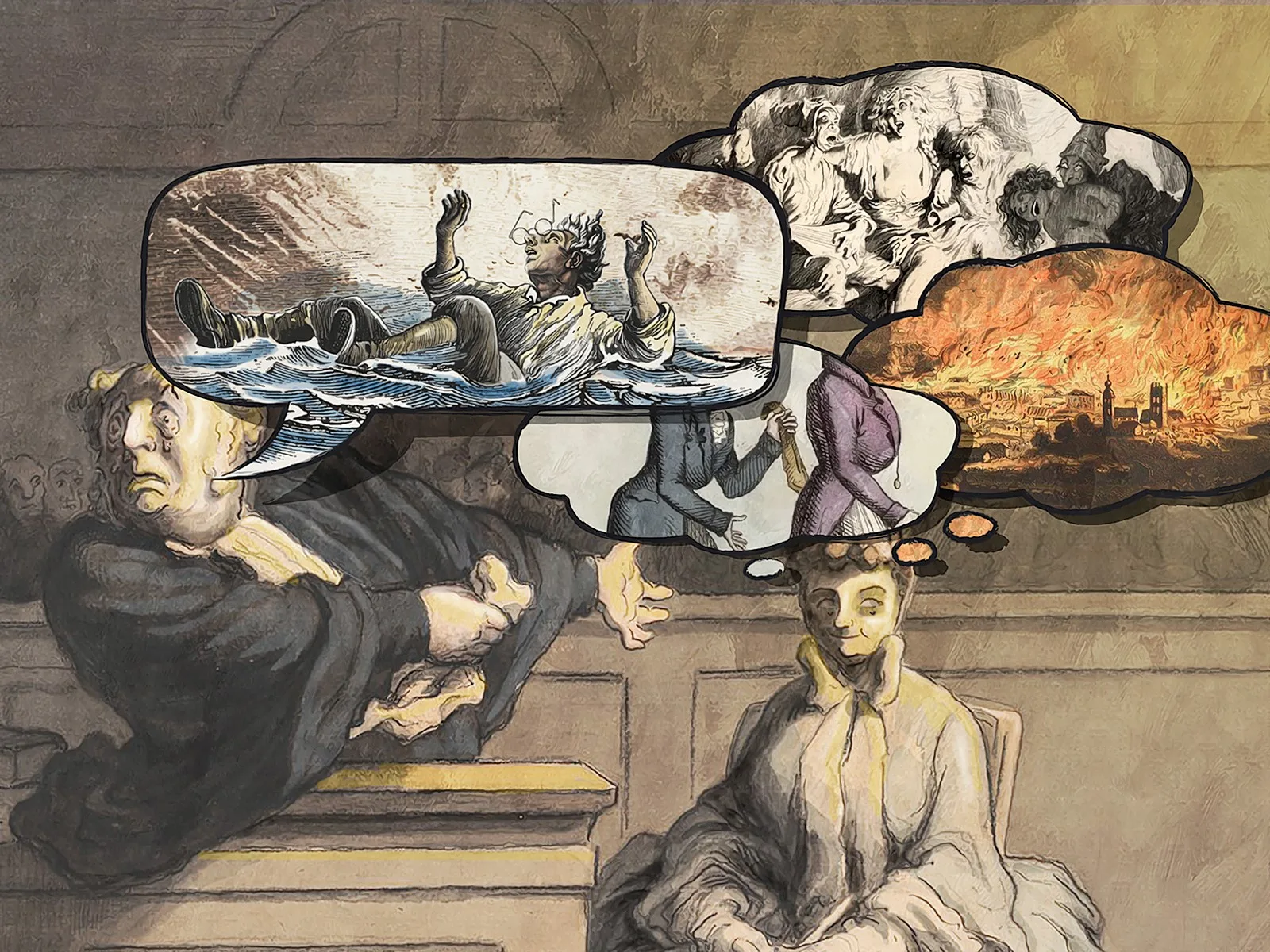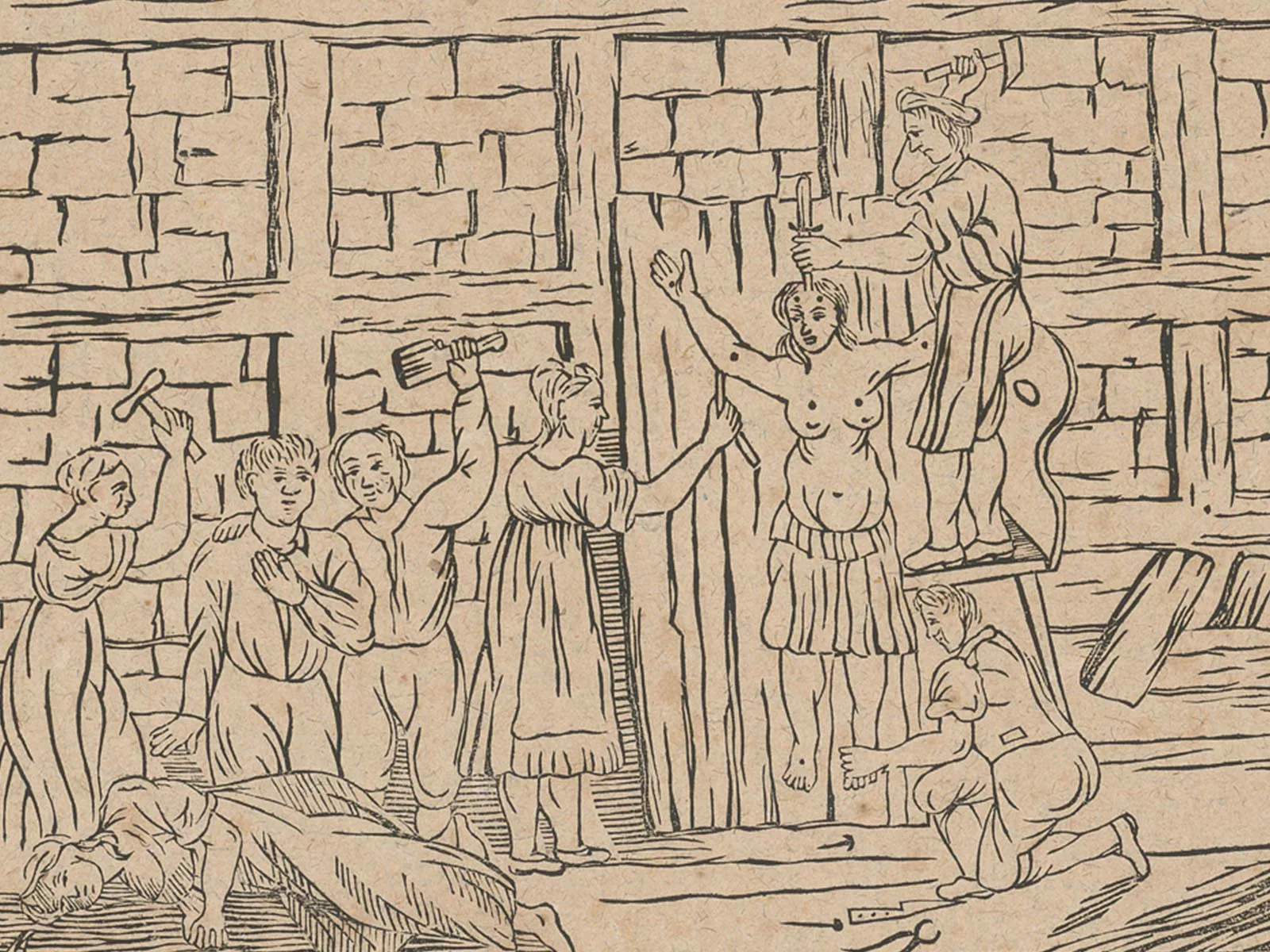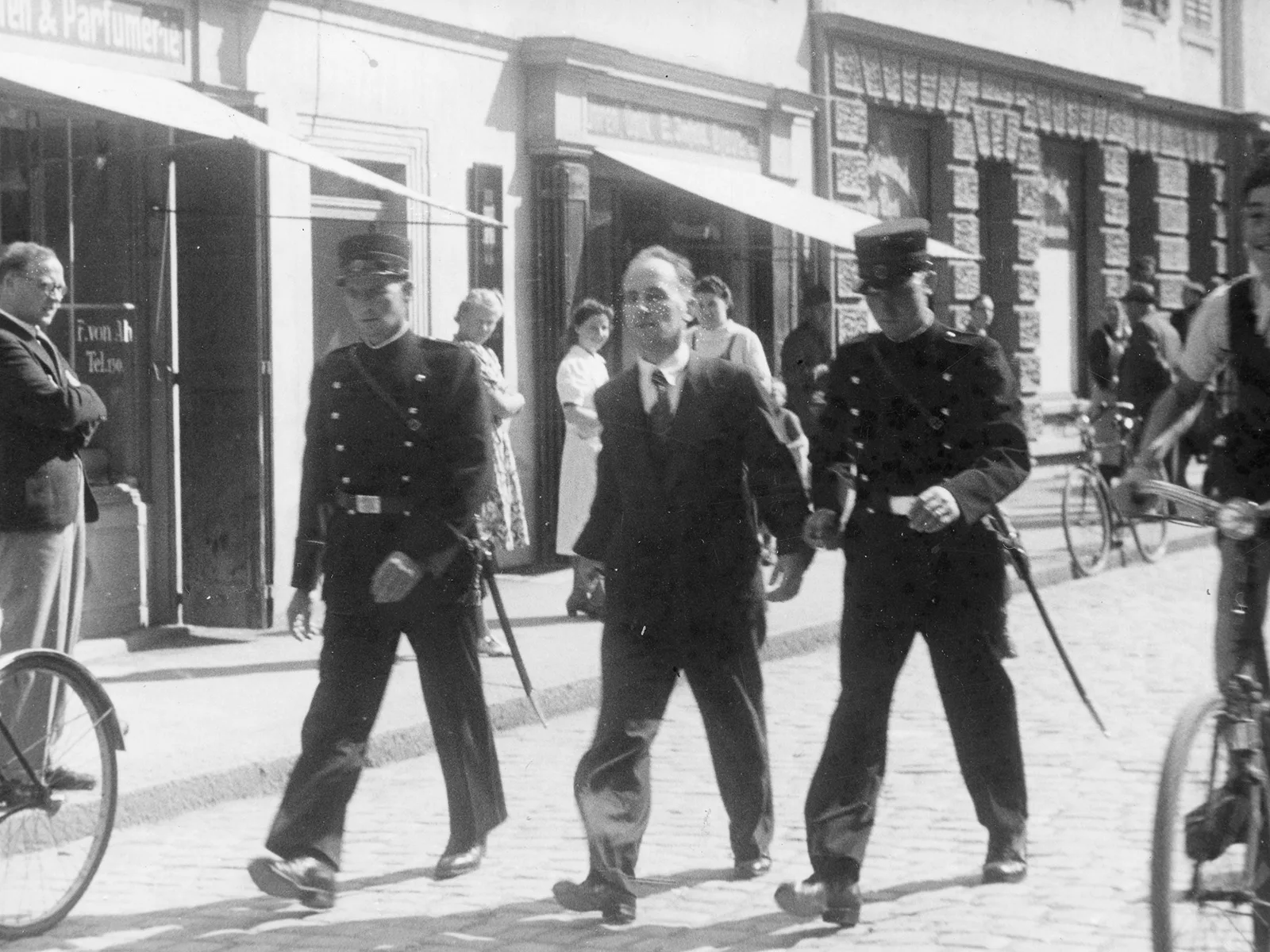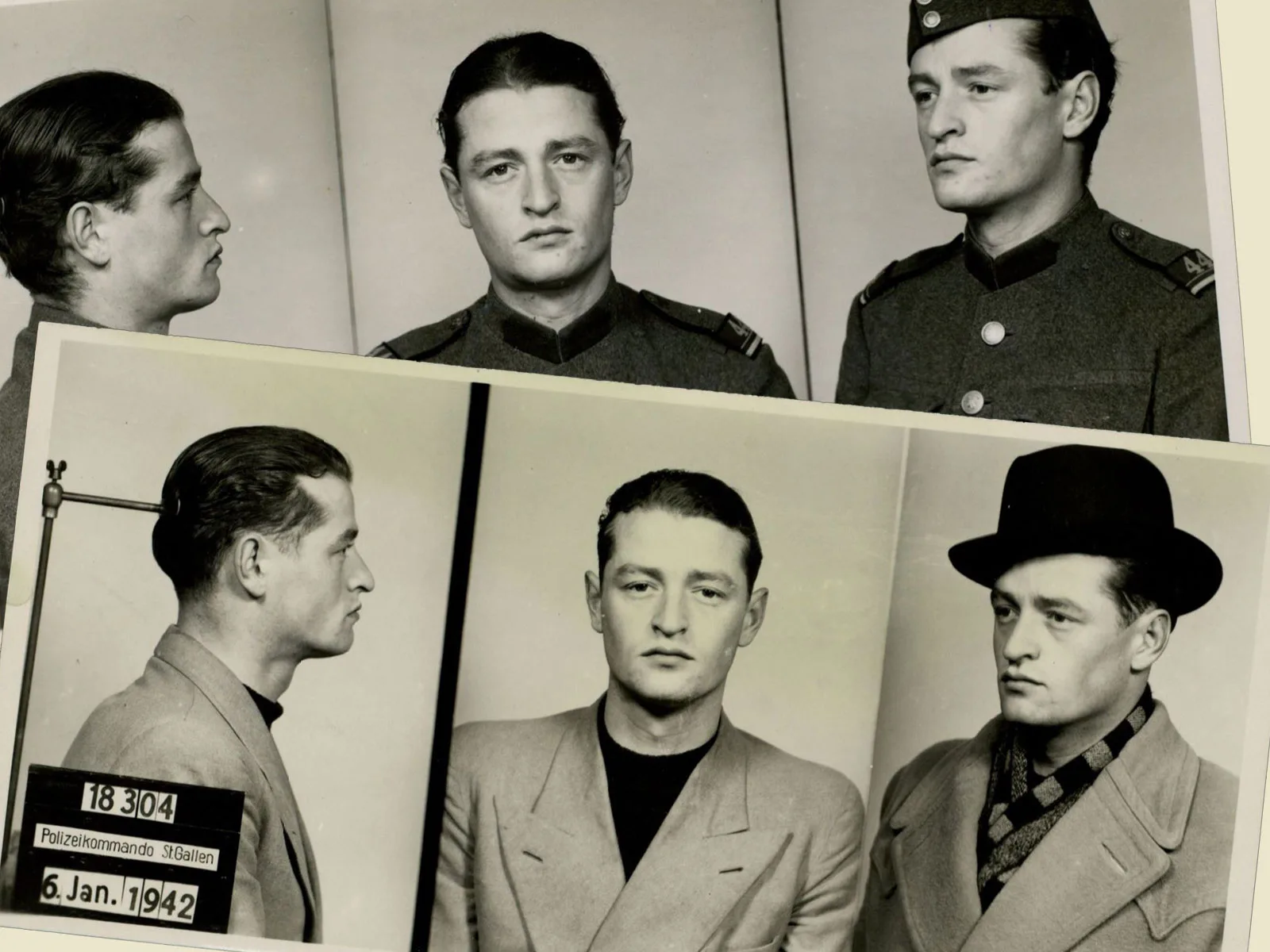
The execution of Ernst S.
During the Second World War, Ernst Schrämli from St. Gallen was sentenced to death for spying and executed on 10 November 1942 in a small wood in eastern Switzerland. Schrämli had relayed military secrets and information to a German agent.
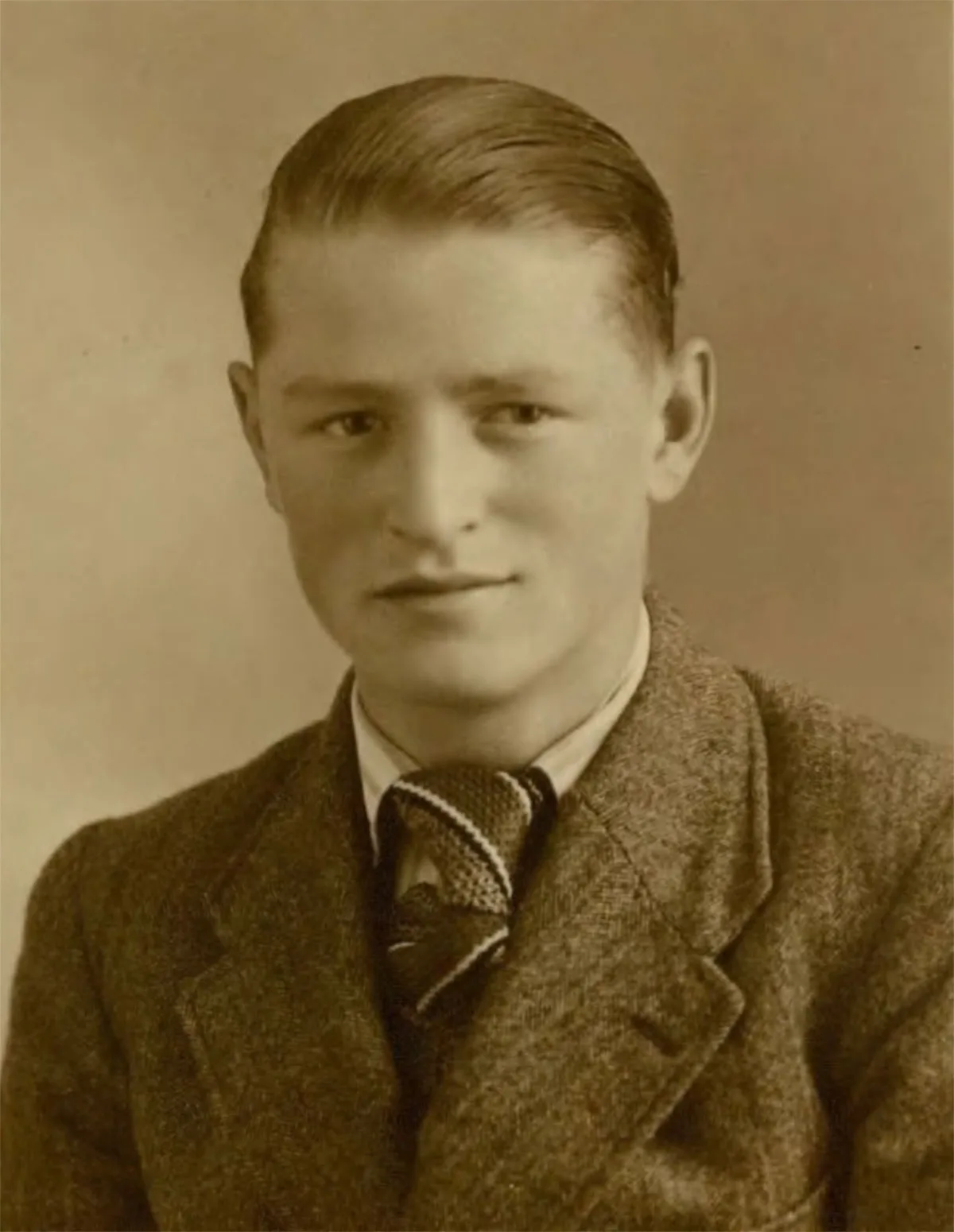
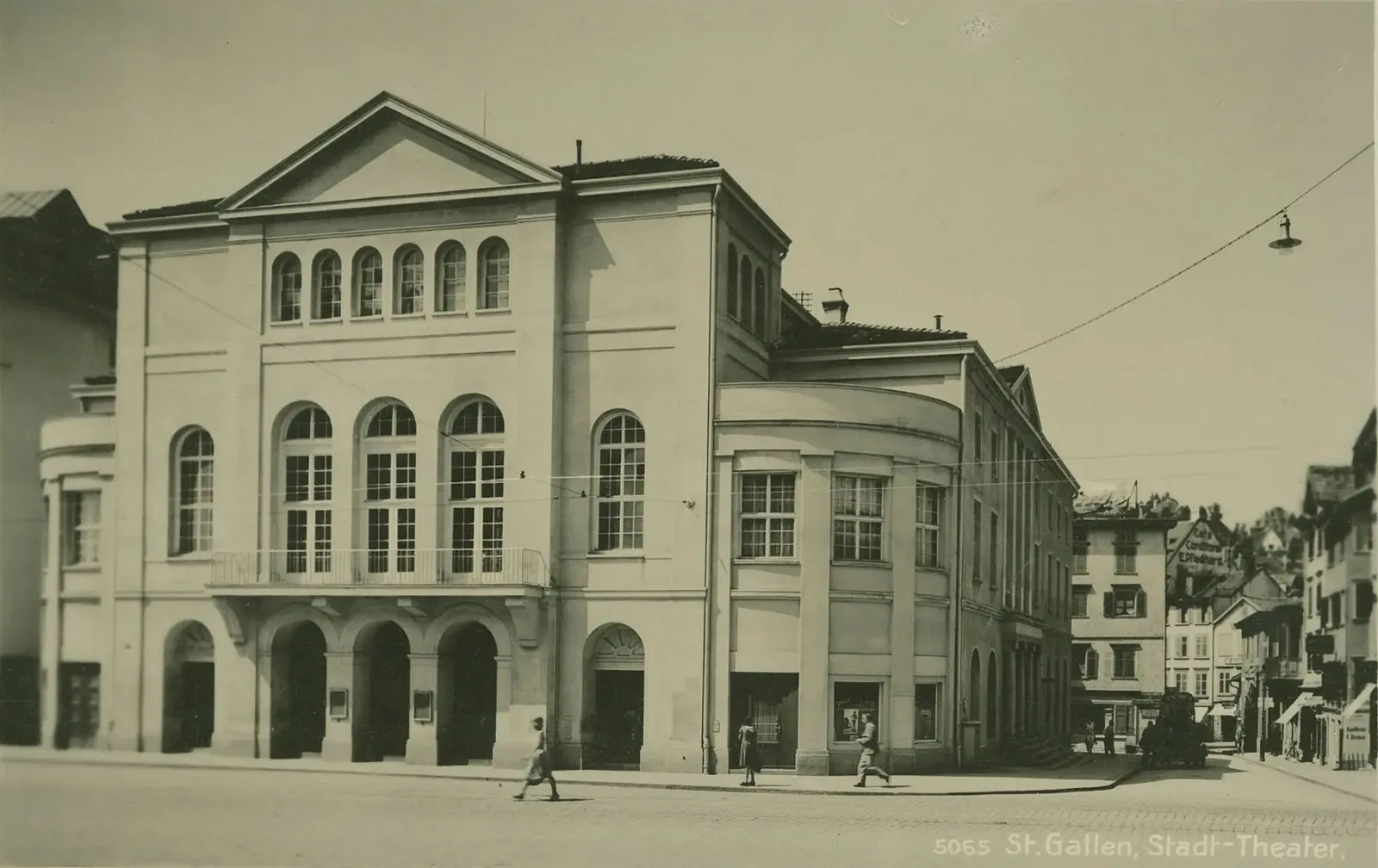
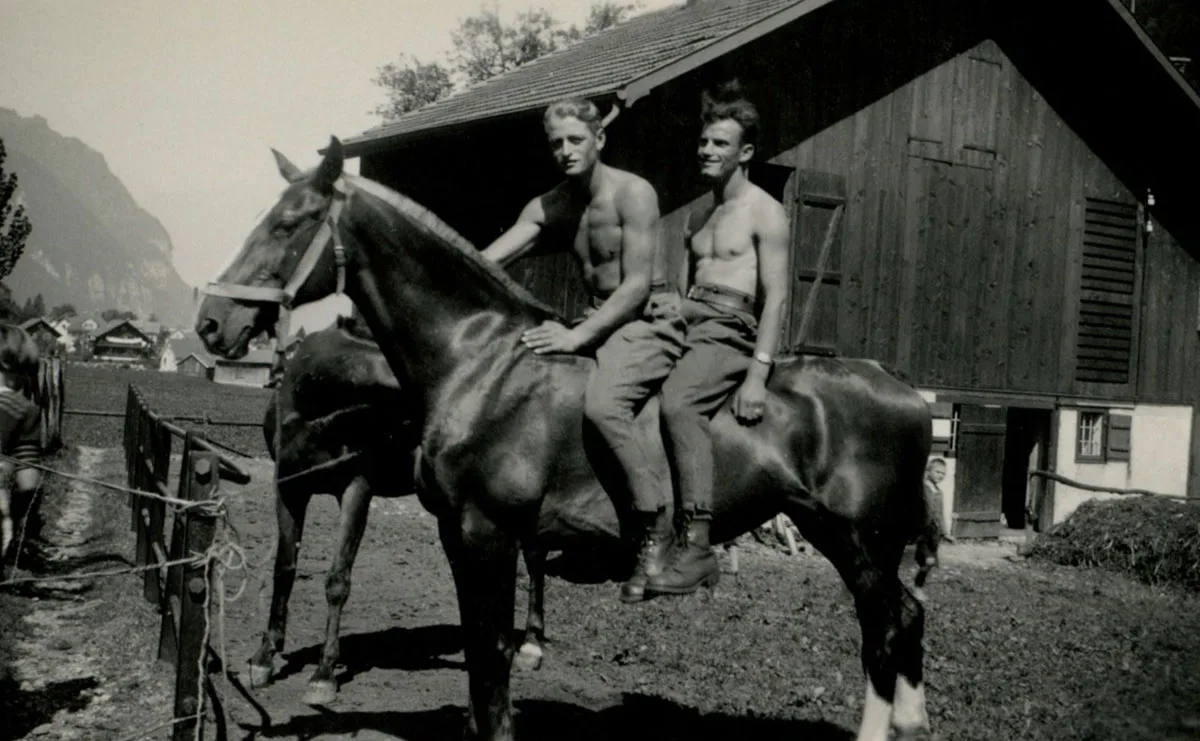
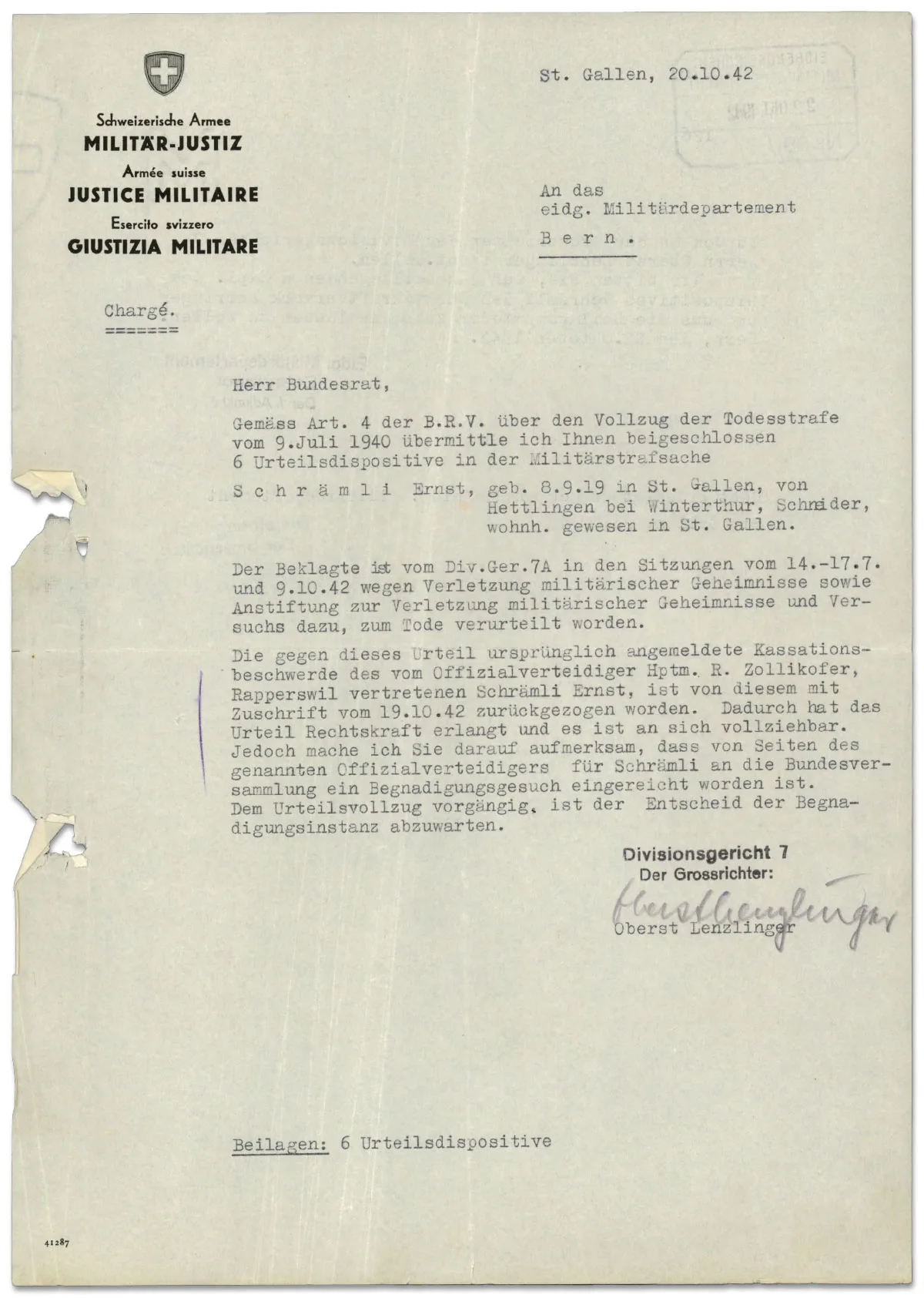
THE TRAITOR
The historical drama THE TRAITOR is showing in Swiss cinemas from 24 October. The film is based on events involving Ernst Schrämli, the first of 17 traitors in Swiss history to actually be executed.

